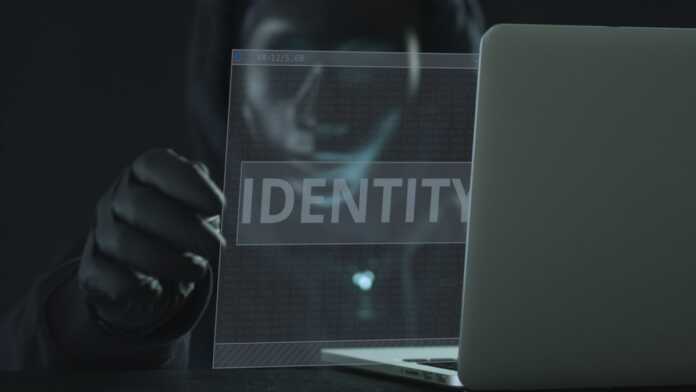According to critics, the planned expansion of the Prüm Treaty to exchange biometric data would enable the police to adopt authoritarian surveillance practices.
With the EU Commission’s initiative for a regulation “on the automated exchange of data for police cooperation”, which is intended to significantly expand the Prüm Treaty, and the tightening required by the EU Council of Ministers, the presumption of innocence falls. Civil society organizations from the European Digital Rights (EDRi) network fear this in a position paper published on Wednesday. The project opens the way for mass surveillance of European citizens and travelers.
Within the Prüm framework, police authorities in the affiliated member states have long been able to exchange and compare DNA, fingerprint and vehicle registration data electronically. It is also possible to link relevant national databases. According to the Commission, in the future, mug shots or biometric photographs from police registers that support automated facial recognition should also be included.
If the EU states have their way, the number of usable data categories should be expanded even further, such as driving license data and files on suspects and convicted criminals. In addition, the Council is aiming for an automated EU-wide comparison of all DNA profiles of the police authorities in the member countries with each other and with Europol. So far, only manual retrieval of personal information in the Prüm network after a hit in a machine search was possible.
civil rights activists warn
According to the civil rights activists, the project threatens “not only the right to privacy and data protection”. In addition, it “also instrumentalizes one of the basic principles of the EU – freedom of movement – in order to legitimize the need for even more police work”.
Specifically, in accordance with the regulation, “the sensitive data of up to 10 percent of the population – such as DNA and fingerprints – are collected in national police databases,” says the more than 30-page criticism. Then there are facial images. Each Member State could then automatically request this biometric data.
“Unsuitable and with systematic data protection deficiencies”
The Prüm framework has “proven to be unsuitable” for more than 14 years, the authors complain. Investigations in Slovenia, for example, have shown that victims and their family members were unlawfully included in criminal databases. Other examples showed that in many EU countries, including Germany, suspects, acquitted persons and witnesses were more or less routinely integrated into criminal databases without any legal basis.
The authors complain that safety precautions – if they exist at all – are inconsistent. There are “systematic data protection deficiencies” in the national databases. In addition, the Prüm Treaty came from a time when the data protection directive for the judiciary and criminal prosecution area did not even exist. If the registers of the member states were now further linked to supranational systems, the risks of abuse would multiply.
According to the analysis, given the lack of transparency in police databases, many people are not even aware that their information is “being processed in an unfair and unlawful manner”. You could therefore not exercise your rights to objection or corrections. However, the inclusion of their information in these databases, at worst, has serious implications for their fundamental rights and freedoms.
Everyone is suspected
The project exacerbates the problem of excessive police surveillance and distrust, the warners point out. It was “neither necessary nor proportionate”. The Prüm II regulation massively jeopardizes the claims to justice, fairness and privacy: “It seems to be a case of trying to get the police to run when they are already having trouble walking,” explained Chris Jones, Director of the British civil rights organization Statewatch, which co-authored the paper along with other EDRi members such as Access Now or the Swiss Digital Society.
“We are witnessing the increasing criminalization of political opposition, social movements, refugees and migrants, and investigative journalists,” the study said. Above all, if the council prevails, the police could in future “label everyone as a criminal.” Such authoritarian practices allowed prosecutors “to invade people’s privacy without sufficient reason or adequate safeguards.” Groups that were already marginalized in particular were threatened with even more reprisals.
demands of civil rights activists
The civil rights activists recommend that the EU Parliament, which still has to determine its line on the proposal, reject the extension to include facial images. In any case, driver’s license data would have to be left out, as would biometric features from the inventory of Europol and third countries. The implementation of specific restrictive regulations for the police databases of the Member States is necessary before they are connected to the Prüm II system.
Unidentified DNA data and inconclusive entries should be deleted, the organizations continue to demand. MEPs would also have to ensure that searches could only be carried out in isolated cases and to prosecute serious crime. The EU data protection officer, Wojciech Wiewiórowski, had previously expressed concern that the Commission’s draft was overshooting the mark.
(bme)














